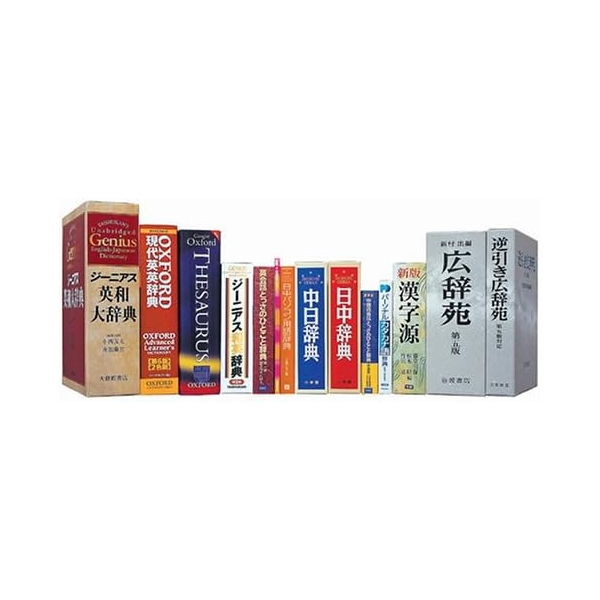Be the first to review this product
SII SR-V7130 Electronic Dictionary Japanese Version
This is a Japanese product, we only sell products from Japan.
| Japanese Name | SII SR-V7130 |
|---|---|
| SKU | SR-V7130 |
| JAN Code | 4950096189102 |
| Color | Silver |
| Release Date | Dec 15, 2004 |
| Brand | IC DICTIONARY |
| Autonomy | 90 Hours |
|---|
| Weight | 220g |
|---|
Japanese Electronic Dictionaries: Your Comprehensive Shopping Guide
Why Choose an Electronic Dictionary?
-Convenience and portability
-Faster lookups compared to paper dictionaries
-Multiple dictionaries in one device
-Additional learning features
Key Factors to Consider:
a) Proficiency Level:
Beginner
Elementary
Intermediate
Advanced
b) Intended Use:
Japanese language learning
Academic study
Professional use
JLPT preparation
c) Portability:
Size and weight
Battery life
Important Features:
a) Dictionary Content:
Japanese-English / English-Japanese
Monolingual Japanese
Kanji dictionary
Specialized dictionaries (e.g., business, history, )
b) Input Methods:
QWERTY keyboard
Handwriting recognition
Radical lookup for kanji
c) Learning Tools:
Example sentences
Audio pronunciation
Verb conjugations
JLPT study materials
d) Display:
Touch screen
Scroll Pad
High Quality Font
Layout change
e) Additional Features:
Bulk Search
Draw Kanji
Native Pronunication
Jump function
History function
Top Brands and Popular Models:
a) Casio:
EX-word series Known for user-friendly interfaces
b) Sharp:
Brain series has more features than Casio devices such as vertical display.
Price Ranges:
Entry-level: ¥10,000 - ¥20,000
Mid-range: ¥20,000 - ¥40,000
High-end: ¥40,000 - ¥80,000+
How to Choose:
a) Assess your needs and proficiency level
b) Compare features across models
c) Read product description and specs
d) Consider your budget
e) Check warranty and customer support options
By considering these factors, you can select the Japanese electronic dictionary that best fits your needs and budget. Remember to balance features with price and prioritize the functions most important to your language learning journey.
Japanese Electronic Dictionaries: better than smart phone/website ?
Here are some key reasons to choose an electronic dictionary over a smartphone app or website:
Specialized purpose:
Designed specifically for language learning and dictionary use
Optimized interface for quick lookups and navigation
Reliability:
Works without internet connection
Not dependent on battery life of a multi-purpose device
Comprehensive content:
Often includes more extensive and specialized dictionaries
Typically offers more detailed entries and examples
Focused learning environment:
Fewer distractions compared to a smartphone
Encourages dedicated study time
Advanced language-specific features:
Better handwriting recognition for kanji
Specialized kanji lookup methods (radicals, components)
Long-term cost-effectiveness:
One-time purchase vs. potential subscription fees for apps
No need for data usage or Wi-Fi
Durability:
Built to withstand frequent use and travel
Physical buttons:
Easier to use in various environments
Potentially faster input for some users
Battery life:
Often lasts weeks or months on a single charge
















